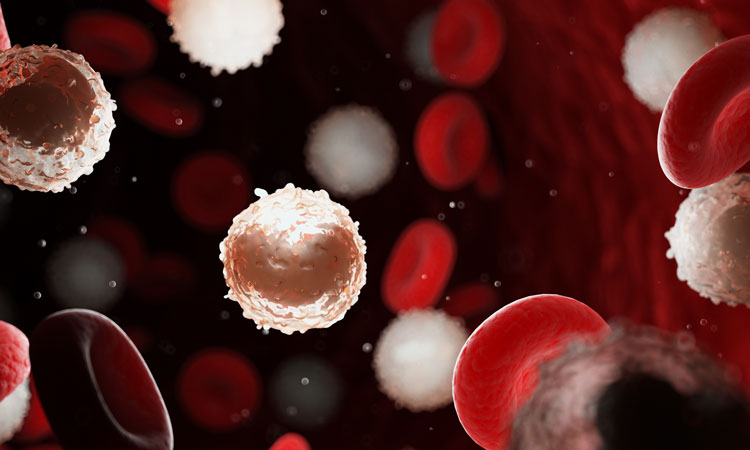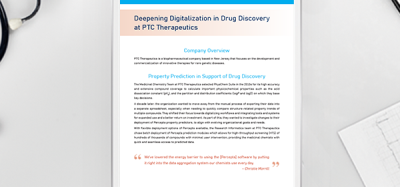Positive results announced for acute myeloid leukaemia treatment trial
Posted: 26 March 2020 | Rachael Harper (European Pharmaceutical Review) | No comments yet
Positive topline results have been announced from a Phase II trial of VENCLEXTA® (venetoclax) in combination with azacitidine in patients with acute myeloid leukaemia (AML).


The VIALE-A trial of VENCLEXTA® (venetoclax) in combination with azacitidine versus azacitidine in combination with a placebo has met its dual primary endpoints of statistically significant improvement of overall survival and composite complete remission rate for patients with previously-untreated acute myeloid leukaemia (AML) who are ineligible for intensive chemotherapy, AbbVie has announced.
“For the past three decades, there have been few options for patients with AML who cannot receive or tolerate intensive chemotherapy or a bone marrow transplant,” said Dr Neil Gallagher, Chief Medical Officer and Vice President of Development, AbbVie. “The positive results from VIALE-A support the clinical benefit of the venetoclax plus azacitidine combination in patients with AML who are ineligible for intensive chemotherapy and reflect our ongoing commitment to transform the standards of care for patients with haematologic malignancies.”
The Phase III VIALE-A study evaluated the efficacy and safety of venetoclax in combination with azacitidine compared with placebo in combination with azacitidine. The study met its dual primary endpoints of overall survival and composite complete remission. The observed safety profile is generally consistent with the known safety profile of venetoclax combined with azacitidine as observed in previous Phase I/II studies and the known safety profiles of the two medications, the company said.
In November 2018, AbbVie received accelerated approval in the US for VENCLEXTA in combination with azacitidine, decitabine or low-dose cytarabine (LDAC) for the treatment of newly-diagnosed acute myeloid leukaemia in adults who are age 75 years or older or who have comorbidities that preclude use of intensive induction chemotherapy based on the Phase I/II studies.
Approval was also granted in Mexico, Israel, Puerto Rico, Peru, Brazil, Russia, Argentina, Guatemala, Uruguay, Lebanon, Bahrain, Kazakhstan, Panama, Saudi Arabia, Taiwan, Australia, Qatar and the United Arab Emirates.
VENCLEXTA is being developed by AbbVie and Roche.
Related topics
Clinical Development, Clinical Trials, Drug Development, Regulation & Legislation, Research & Development (R&D)









